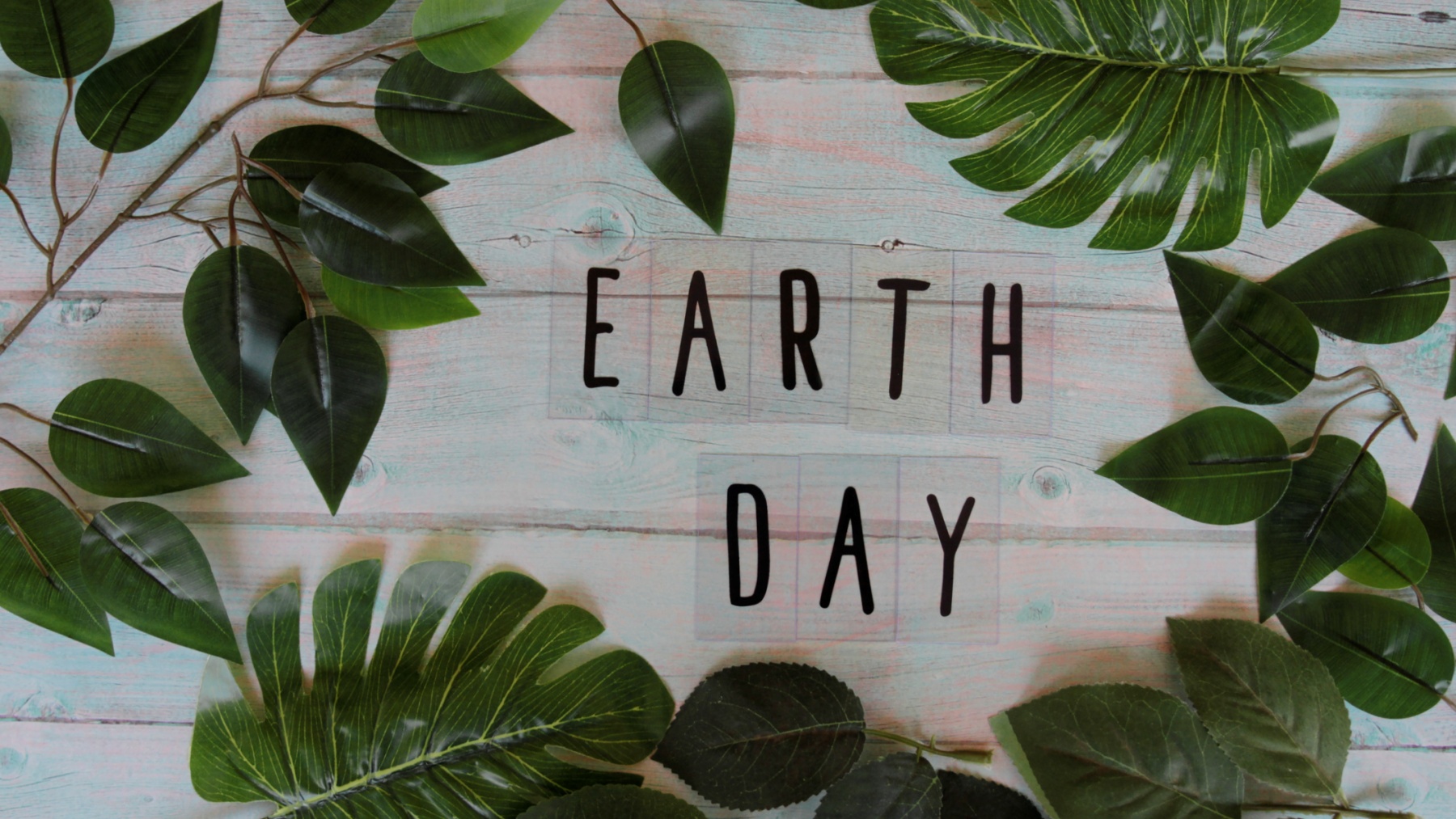With promises to make consumers more alert, focused and productive, energy drinks are not always honest in their labeling, according to a study from Consumer Reports titled “The buzz on energy-drink caffeine.”
The consumer watchdog group tested 27 kinds of caffeine-packed drinks that were purchased online or at stores in Connecticut, New Jersey and New York. They tested three lots of each product, choosing one flavor, usually fruit.
Consumer Reports also sent shoppers to stores to scope out of the energy-drink displays. The shoppers found the highly-caffeinated beverages were usually near sodas, juices or at the checkout, and less often near alcoholic beverages.
“That’s good, since the potential for intoxication in people who mix energy drinks and alcohol is a concern,” the report noted.
Of the 27 products Consumer Reports tested, they found that:
- Caffeine levels per serving ranged from 6 milligrams to 242 milligrams per serving, and some containers held more than one serving;
- 5-hour Energy Extra Strength had the highest level of caffeine; the same company's Decaf product had the lowest level of caffeine;
- Five of the 16 products that list a specific amount of caffeine had caffeine levels at least 20 percent higher than what their labels indicated;
- 11 of the products don’t specify their caffeine levels at all (and because the drinks are considered a dietary supplement, they are not require to).
Consumer Reports noted that a representative from Monster told them the following when asked why the secrecy regarding caffeine levels:
Local
Get Los Angeles's latest local news on crime, entertainment, weather, schools, COVID, cost of living and more. Here's your go-to source for today's LA news.
The company doesn’t list levels “because there is no legal or commercial business requirement to do so, and also because our products are completely safe, and the actual numbers are not meaningful to most consumers.”
Yet, the watchdog group noted, the labels on both tested Monster Drinks warned against use by children, pregnant or nursing women, and people sensitive to caffeine. The other 16 products had similar labels.
The Monster drinks and eight other energy-boosting products recommended a daily limit.
"It's important for people to understand what they're buying and drinking, and if that information is not even available on the product, that's a problem,” Gayle Williamis, deputy health editor for Consumer Report, told NBC News.
Among the drinks that do not list caffeine levels was Monster, which is the target of a lawsuit filed in Riverside that accuses of the energy drink of contributing to the death of a 14-year-old Maryland girl.
Anais Fournier died in March of cardiac arrhythmia due to caffeine toxicity, according to the death certificate. She died after drinking two 24-ounce Monster drinks within a 24-hour period.
A Mayo Clinic study found that two 24-ounce cans of Monster Energy Drink contain 480 milligrams of caffeine, the equivalent of five eight-ounce cups of coffee.
By comparison, an 8-ounce cup of coffee has about 100 milligrams of caffeine; a 16-ounce Grande from Starbucks contains about 330 milligrams of caffeine.

While Fournier did have an underlying heart defect, the teen's mother is suing the company and maintaining that her daughter was never given caffeine restrictions.
Monster insists its products are safe. In a statement released earlier this week, the Corona, Calif.-based company said it doesn't believe its beverages are responsible for any deaths.
Still, Fournier’s is one of five deaths and a non-fatal heart attack at the center of an investigation by the U.S. Food and Drug Administration (FDA) into a possible connection to the energy drinks.
Caffeine consumption, particularly caffeine found in energy drinks, has exploded in popularity, especially among younger consumers. And emergency rooms across the country have reported an increase in caffeine overdoses.
"It's about body weight,” Dr. Allen Taylor, Georgetown Univ. Hospital chief of cardiology, told NBC News. “You know a small person and a certain amount of that drug, caffeine, and those stimulants may have a much different effect in a large person, an adult person perhaps."
While safe limits of caffeine consumption are still being studied, a Mayo Clinic study found that moderate doses of caffeine – 200 to 300 milligrams per day, or about two to four cups of coffee – aren’t considered harmful.
The study noted that while caffeine can make consumers feel alert, too much of it can cause insomnia, nervousness, upset stomach, fast heartbeat and muscle tremors.
NBC News' Chuck Todd contributed to this report.



